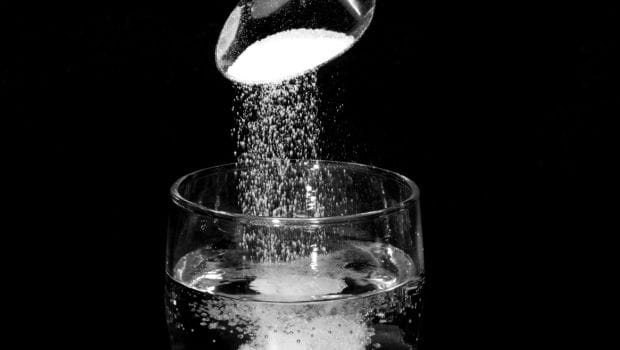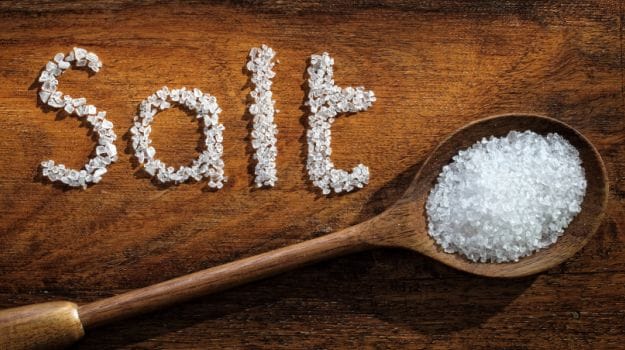Published in the journal Clinical Investigation, it stated that salt plays an important role to preserve water in the body. It gets discharged in the urine but it moves water back into the kidney and the body.
"It's not solely a waste product, as has been assumed," said one of the researcher Friedrich C. Luft. "Instead, it turns out to be a very important osmolyte - a compound that binds to water and helps transport it. Its function is to keep water in when our bodies get rid of salt. Nature has apparently found a way to conserve water that would otherwise be carried away into the urine by salt," added Luft.

The team carried out a simulated mission to Mars and an international group of scientists found that "cosmonauts" who ate more salt retained more water, weren't as thirsty, and needed more energy. They divided the participants in two groups of 10 male volunteers sealed into a mock spaceship for two simulated flights to Mars and were examined for 105 days. The second group was sent for over 205 days.
Both the groups had identical diets and later they were given three different levels of salt in their food. The results confirmed that eating more salt led to a higher salt content in urine, which wasn't a surprise. But the increase was not due to more drinking - in fact, a salty diet caused the participants to drink less. Salt was triggering a mechanism to conserve water in the kidneys.






